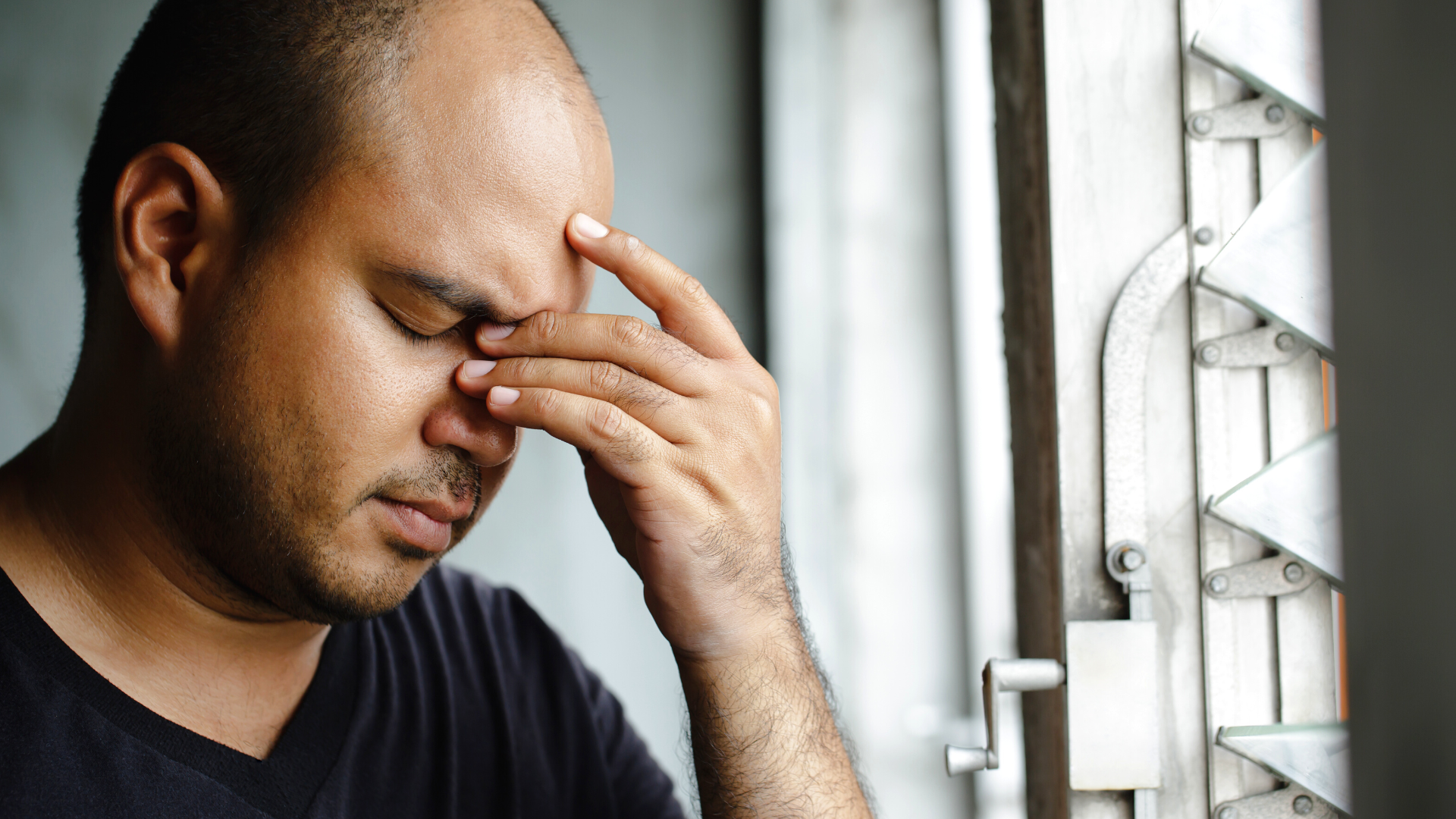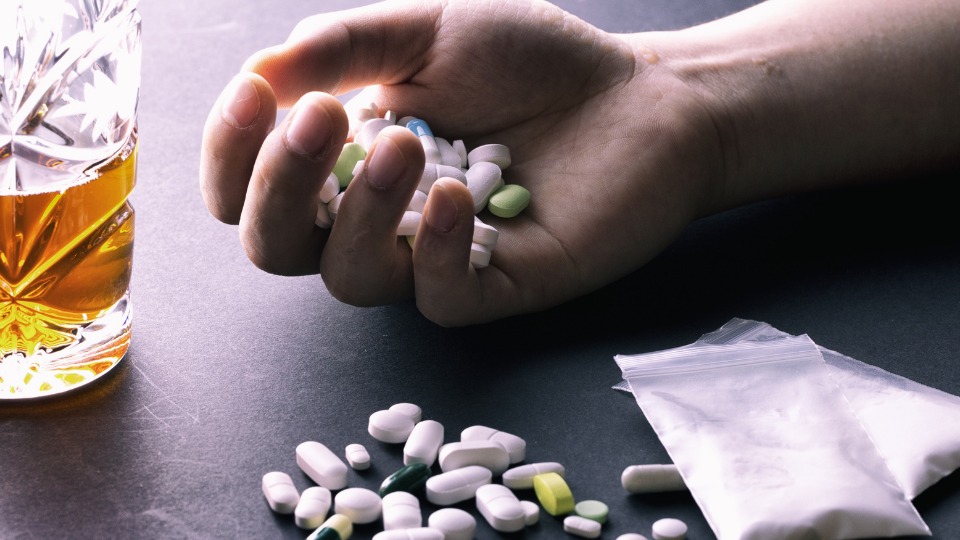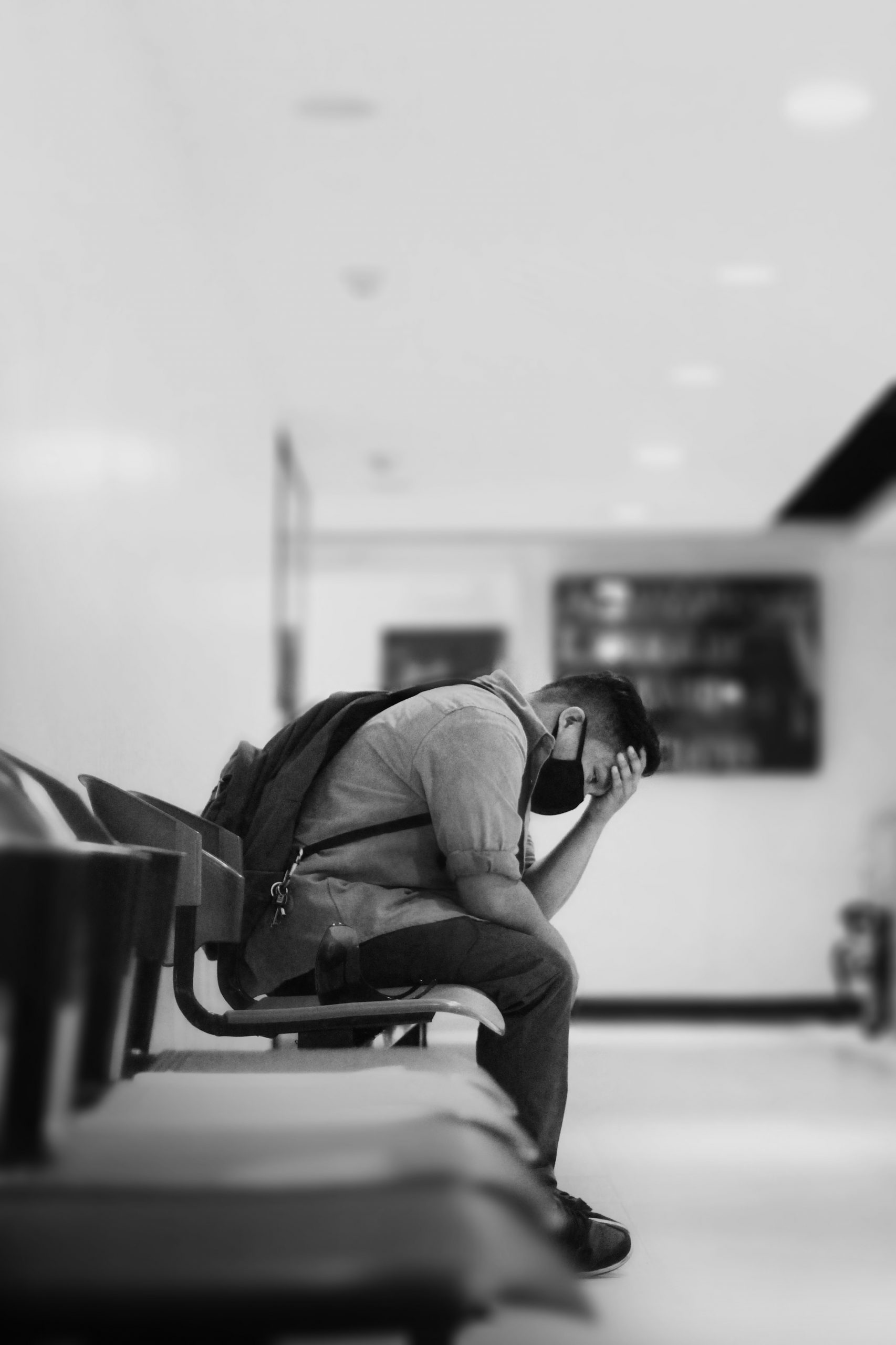When it comes to rehabs and opiate addiction treatment, there is no such thing as a “one size fits all” solution. It is also important to remember that not everyone finds themselves in the middle of a harsh addiction in the same manner. Some might have become addicted through the conscious choice to try a drug in order to get high from it.
Others find themselves in the grasp of addiction after suffering from severe injuries in which pain management included the taking of prescribed opiates. Through no fault of their own, their body became dependent on those drugs, even though they took them as prescribed and never abused them.
In some cases, people will move on to heroin – which is also an opiate – but not everyone does this. As you can see, everyone’s story of addiction is different and that is why a customized addiction treatment plan is necessary.
Consider a Dual Diagnosis
Many people who seek out treatment for their opiate addiction find that they also need treatment for one or more mental illnesses. In some cases, there may have been an underlying mental illness that was left untreated and that is what led to the addiction. They tried to self-medicate with opiates. In other cases, the mental illness is a side effect of substantial drug abuse, as many drugs alter the chemical balance in the brain, creating the need for mental health help. Then the terrible cycle continues. The more depressed someone is, the more they may want to self-medicate with narcotics.
According to the National Alliance on Mental Illness, roughly 33 percent of all people with a mental health disorder will move to substance abuse at one point or another. Also, it has been found that men tend to be more susceptible to having a co-occurring illness, such as depression, than women. Those who live in poverty, veterans, and people who have a variety of physical medical problems are also more likely to end up receiving a dual diagnosis.
Various Methods of Treatment
Educating yourself throughout the various stages of addiction is one of the most important things you can do. You simply cannot tackle this problem without learning how and why you got to the point you are at.
You will want to look for support groups and narcotics anonymous meetings that can give you the one-on-one interaction with other recovery addicts. Through them, you can see your past and how bad things have been for you in the past. You can see that you never want to be there again. And through others, you can see your future and you can always remember just what it is that you are fighting to achieve.
There are also in-patient treatment centers that can help you detox and learn coping skills for the outside world. Make sure that you are specifically looking for a dual diagnosis in-patient treatment center. They can not only help you with your addiction but begin to treat any mental health illness that you may be suffering from. If you happen to not have a co-occurring illness, they will be able to officially rule that out for you.
Treatments with medications may be an option for you, but that is something that will be addressed with your doctor, counselor, and sponsor. In the end, this entire journey is about finding the type of treatment combination that is going to work the best for you. Do not worry about trying to fit into some sort of mold. Finding what works best for you is not just how you are going to become clean from your opiate addiction, but it is how you are going to stay clean for the rest of your life.
Photo credit: Tom van Hoogstraten/ unsplash.com




